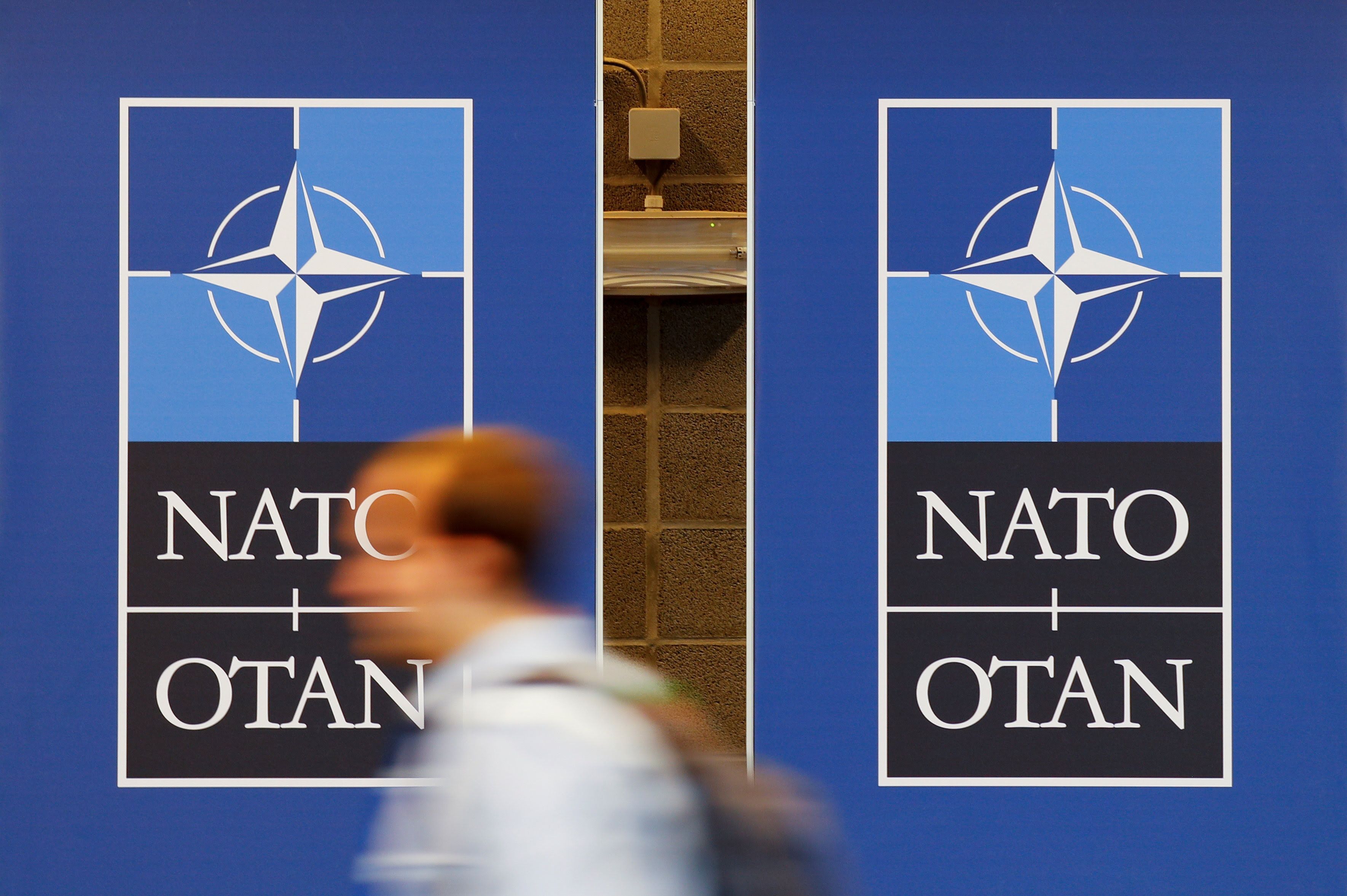July 11, 2018
Today, the yearly summit of NATO opens in Brussels. The meeting comes at a critical moment for the security alliance, as Alex noted yesterday, but important discussions about its future are likely to be overshadowed by President Trump’s repeated calls for members to make good on their collective commitment to spend 2 percent of GDP on defense.
Given all the attention, we can’t help asking: where did that number come from, and does it really matter? Here’s Gabe with some perspective:
The oft-touted 2 percent of GDP target was officially adopted as a collective NATO goal at a 2014 summit in Wales. The idea was to start a long-term process that would see European members carry more weight on defense at a time when the US was looking to expand its military commitments elsewhere in the world (read: Asia). The target is a goal, not a requirement, that the 29-member alliance has agreed to fulfil by 2024. Five countries currently satisfy it, and 16 are now on target to do so by 2024.As an indicator of countries’ contributions, the two percent target has its limits. It’s a barometer of domestic spending, rather than direct contributions of troops or other support to specific NATO operations. And it offers little perspective on whether funds are funneled towards collective objectives – such as upgrading equipment or investing in new technologies – or largely spent on domestic concerns, like paying soldiers’ pensions. NATO members have also agreed to a lesser known, but arguably more important, goal to spend 20 percent of their defense budgets on major equipment upgrades and R&D of lasting value to the alliance.
The upshot: While the 2 percent target offers a broad gauge of countries’ defense investment, it obscures important information about their long-term commitment to NATO. That won’t stop President Trump, who prides himself on getting Americans their money’s worth, from using it as ammunition. But as you follow the almost inevitable combustion set to take place as he squares off against other alliance members over the next two days, remember that 2 percent is just a number.
More For You
Most Popular
- YouTube
In this Quick Take, Ian Bremmer reacts to President Trump’s State of the Union address, calling it “a rehashing of the greatest hits” with little new policy direction.
Small business hiring surged 7% above the 2024 average in December, led by a surprise rally in retail. But with uncertainty still historically high and mounting concerns over tariffs, can this momentum survive 2026? Explore the data behind the resilience of the US small business sector. Get the latest economic insights from Bank of America Institute.
© 2025 GZERO Media. All Rights Reserved | A Eurasia Group media company.
